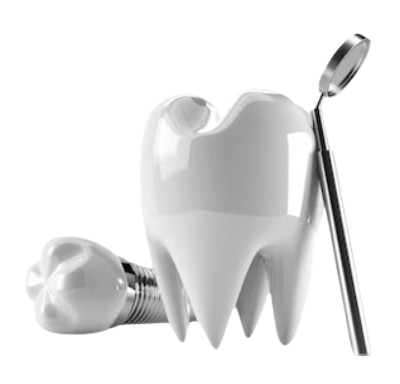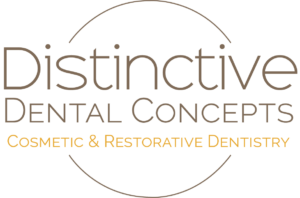
FULL OR PARTIAL DENTURES IN GARLAND, TX
Dentures, an affordable option for missing teeth, come in full or partial forms. Full dentures, conventional or implant-supported, restore function and appearance, offering customized solutions for a natural smile.
FULL OR PARTIAL DENTURES
Dentures are an affordable way to replace any number of missing teeth in your mouth. They have a long history of success and continue to earn a place in the list of options for rebuilding your smile.
Dentures are removable substitutes for missing teeth. Full dentures are used when a person is missing all their natural teeth, while partial dentures replace only a few missing teeth here or there to eliminate gaps and improve chewing. Denture treatment is customized specifically to each patient, and our doctors can help you decide which option works best for you.
FULL DENTURES (CONVENTIONAL AND IMPLANT-SUPPORTED)
Sometimes tooth decay or gum disease can become unmanageable. This may lead to the decision to remove your remaining teeth on one or both arches. Full dentures are an economical and efficient way to restore your function and smile.
A complete denture consists of a thin gum-colored acrylic base that rests on the gum tissue. Porcelain or acrylic replacement teeth built into the base give the appearance of natural teeth. We know that your smile is unique, and our doctors have the experience to help you select the teeth that will look the most natural. This also gives you the chance to customize the way you look; whether you want a “new” smile or want to recreate the one you had.
While dentures boast a long history of successful use, modern technology offers some options to enhance the way dentures fit and the way you look. In many cases, dentures can be secured more firmly to your jaw with the use of dental implants placed in the jaw. In addition to having greater retention and a more natural look, implant-supported dentures tend to last longer. Our doctors can discuss these options and help you understand the ways they can improve your experience with dentures.
PARTIAL DENTURES
Whether you’ve lost one tooth or many, chewing and smiling can become more difficult because of the gaps in your smile. Partial dentures are an economical solution to replace missing teeth, fill in the spaces, improve chewing ability, and restore your confidence to smile. A partial denture will also help keep your natural teeth from shifting, lowering the risk of losing those teeth in the future.
Most partial dentures contain a thin metal framework that is designed with small metal clasps that wrap around the gum line of existing teeth. This allows for a smooth, non-bulky feel. The framework is supported by your natural teeth to provide a reliable, secure appliance that is easy to use and remove. Where teeth are missing, natural-looking replacement teeth are attached, and gum-colored acrylic is used to cover the metal framework. Remember your mouth and your needs are unique, and our doctors work with skilled technicians to create a solution that is functional, comfortable, and aesthetically pleasing.
With advances in technology, implants can also be used to support removable partial dentures, improving the fit while reducing the bulkiness of the appliance. Dentures inherently bring some challenges, especially to new wearers. Our goal is to minimize the everyday frustrations and keep you as comfortable as possible.
We look forward to discussing your options to make your mouth full again and to give you back a confident, glowing smile!
Services We Offer
Ready to transform your smile?
Frequently Asked Questions

It varies from person to person, but most individuals adapt to dentures within a few weeks. Initially, there might be some discomfort or difficulty speaking and eating, but with practice, these issues often improve.
Clean your dentures daily by using a soft brush and mild denture cleaner. Avoid using regular toothpaste as it may be too abrasive. Soak your dentures overnight and rinse them thoroughly before wearing them again.
The lifespan of dentures varies, but they typically last 5 to 10 years. Over time, changes in your mouth’s structure may require adjustments or new dentures. Regular checkups with your dentist can help assess their condition.
Yes, you can eat various foods with dentures, but starting with softer foods is recommended and gradually reintroducing harder items is recommended. Cut food into smaller pieces, and use both sides of your mouth while chewing.


